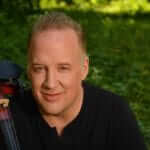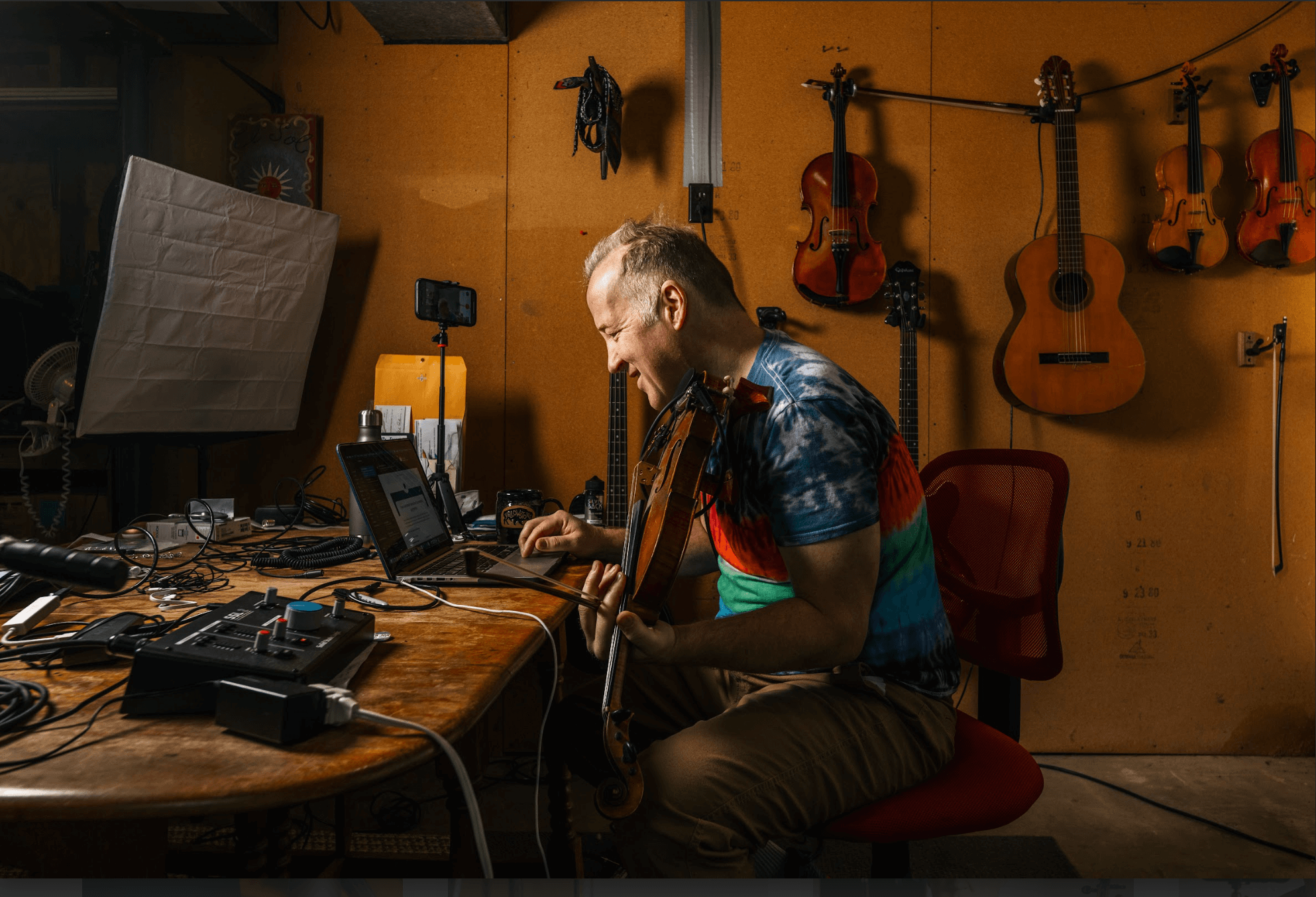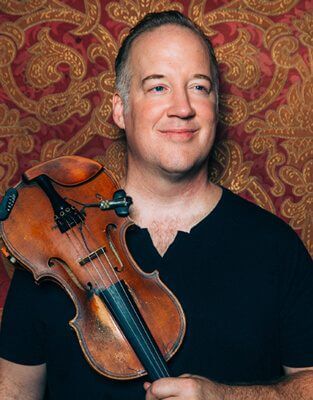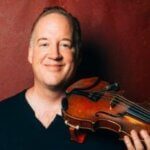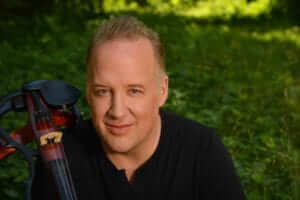
Table of Contents
If you’re frustrated by a sense that your musical growth is stuck, or if you fail to reach musical goals despite spending lots of time in the practice room, sit down with a pen and paper (not your instrument), and follow the steps below.
After coaching hundreds of musicians and teachers in both musical and career development, I see the same frustrations over and over again. People often get stuck in their musical development (or teaching) like hamsters on a wheel. They spend time and energy working on the wrong things, and they neglect important steps (laid out below) which can spark real growth and generate a fuller integration of music in their lives.
The gap between where we are and where we want to be is often related to a lack of clarity and focus; These are better attained away from our instrument, when we take a minute to think and write it all down.
Like any area in which we seek growth or change, having access to “how to” information and ready-made practice/action plans is only a small piece of the solution. The choices regarding what to study, practice, or do are infinite, and the best way to align our craft with our lifestyle isn’t to bear down and learn every possible skill or perspective. Rather, hone in on specific skills and problems, in the right order, which serve your larger vision for how you want your entire life to look and feel.
It requires answering questions about Why and What to practice or do, as opposed to how.
There are many resources to help you gain or improve various skills.
But these are only helpful if you know what you are practicing for, or what material and what skills you most need to work on.
Classical musicians pursuing an orchestral career face a shared set of known problems, for which answers have been spelled out: What to practice, why, and what for. All the milestones, projects, ensembles, performances, tests… All the skills to work on, how to work on them, and the reasons why. You just need to follow the track.
But if you want to expand beyond that path, or if you fall anywhere outside clearly demarcated lines of a professional or amateur classical musician, you get to be responsible for designing and deciding your path. The path you architect needs to be flexible, subject to change over time as your priorities in life change.
It’s not just about practicing the music; It’s also about designing outlets for doing music/teaching in the world, which is just as difficult whether you’re a professional or amateur. Many people think that they need to practice in order for opportunities or gigs to follow. Instead, I recommend you book a gig/project first, and then practice for it. The need to prepare for a specific project will help you hone in on the skills needed to carry it out.
First you need to create the opportunity or project. This is why advocacy or the ability to offer/promote your services is critical to gaining new musical skills. Decide what types of gigs you want, create or sell them, then prepare. Doing the gig will give you feedback about what you need to work on to be better the next time.
This is all enough to be daunting for anyone.
Put Down Your Instrument and Pick Up A Pen
Before you ever get your instrument out and start practicing again, do yourself a favor and write answers to the questions below.
Vision- Articulating a vision is necessary to establish goals which align with what you actually want. A vision is also important because it establishes the value to you of your commitment, which will help maintain the discipline needed to follow through.
Why do you want to do music?
What does it look like for you to be a better musician (or teacher)?
Do you need/want to make money with music or not?
In what ways/contexts do you want to make/create/perform/teach/share music? For what events, in what configurations, in what ensembles, with whom, for whom? How frequently?
Why is it important for you to realize this vision?
What will you receive from it, what will you contribute, and to whom? Articulate both the receiving and giving aspects of your vision.
Identify Specific Projects and Goals
What projects could help you move towards realizing your vision?
A project could include a performance, recording, completion of an arrangement or composition, learning a new piece… Projects can help you focus. Make a list of potential projects, including details or a range of possibilities. Consider how each project would fulfill you or make you feel after you complete it. Will you join once a month at a jam session, teach 40 students, produce an album, release a series of teaching videos, perform at Carnegie Hall?
Goals: Once you have a project in mind, brainstorm a long list of specific skills that you want to improve which will help you carry out the project, such as-
Technical- Instead of “Improve Bow Control”, be more specific as in, “Connect the bow more fluidly, cross strings more clearly, improve speed of certain bow stroke, or improve precision of a specific bow stroke in a specific passage.”
Musical (Interpretive)– For example, improve clarity of articulation, improve connectedness of lyrical passages, improve accuracy of rhythmic execution in specific passages…
Musical (Creative)– For example, compose a piece in a specific style or form, improvise over a specific progression or groove. Internalize a specific scale or harmonic sound. Develop rhythmic vocabulary in a specific context…
List many skills you would like to work on. Then pare it down to just 2-5 things to work on for a minimum of two weeks. Spend at least 80% of your practice time on only those goals. Goals need to be limited, specific, measurable, and attached to deadlines. Stop practicing anything else not on that short list.
Mark Your Calendar
Mark your calendar with times when you will work, and on what.
If one of your goals is to internalize the chord progression in Autumn Leaves, and you don’t know how to practice that, consult someone who can advise you on the best action plan. Same with composing a piece, producing a split screen video, launching your own concert series.
Heads up- If you practice 10 new skills every day you will probably not progress on any of them. I find it’s better to pick a focused amount of material such as “practice melodic minor scales in all keys for six months”, rather then hitting diminished, whole tone, major, and pentatonic scales every day…
Accountability: Declare your commitments to others. For more accountability, pay someone for a series of lessons.
Support: Ask friends to come practice with you. Or submit videos of your work for them to hear/witness your progress. My students are encourages to submit videos to me twice a month.
Feedback– You can get feedback from friends or teachers, but you can also get it by recording yourself and listening back.
Playing for enjoyment and practicing are different things. Make a distinction between the two. If you sound good, you’re probably not practicing. This is partly why I discourage people from doing the same warm ups every day.
Getting better at anything requires taking time to write it down and go through the steps above.
So many people tell me they want to work on a musical problem when they actually need to start by solving a career-related problem, such as creating new opportunities and finding ways to make their career more sustainable. If you’re not sure whether you need to address the career side or the music side first, that’s a sign that you are beginning to make progress by asking the right questions. Get feedback. You can connect with me via a free lesson or career coaching session and I”ll offer feedback to help you get clarity.
This process will likely require revision over time. Start a document, review/revise often, and run it by friends, teachers, mentors for their feedback.
A great way to make fast progress is via an immersive retreat. For one designed to help you in this process, join me and a bunch of amazing musicians at the Creative Strings Workshop. If you’re already registered, make sure to go through the process here before you show up:)
Let me know your thoughts and questions in the comments below, and feel free to reach out to me anytime at chris@christianhowes.com
Related Articles:
